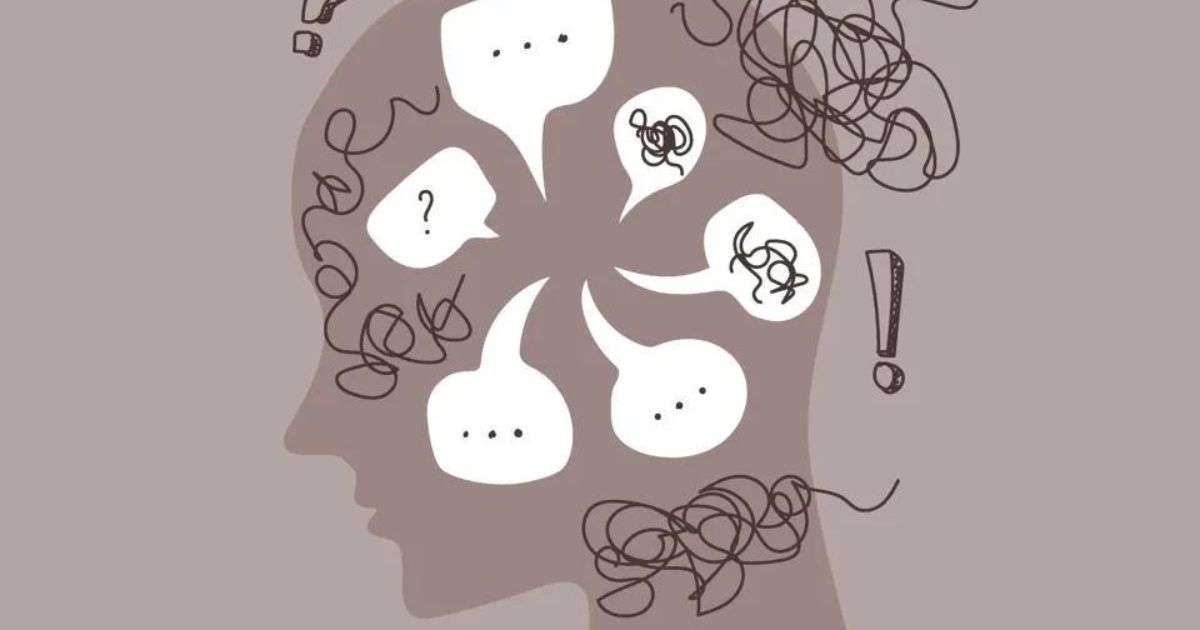In the fast-paced world of today, many find themselves ensnared in a relentless cycle of overthinking, overworking, and overgiving in their jobs. It often begins innocently enough, with a desire to excel, impress, or genuinely care for others.
However, over time, these behaviors can lead to feelings of exhaustion, resentment, and overload. To shed light on this issue, neuropsychologist and author Julia DiGangi coined the term “the Overs” to describe these behaviors.
Dr. DiGangi’s perspective hinges on the idea that our emotions and emotional energy drive our actions. She notes, “The brain is quite literally a machine that runs on the energy of your emotions.”
When we suppress our emotions, fearing the discomfort of feeling them, we create a state of emotional stuckness that often manifests as overthinking, overworking, and overgiving.
Nicholette Leanza, LPCC-S, a therapist at LifeStance Health, recognizes this pattern in her work, particularly among individuals who grapple with anxiety and a strong desire to please others.
She explains that overthinking often stems from anxiety, combined with feelings of insecurity while overgiving is linked to people-pleasing tendencies. When these two factors intersect, individuals can become chronic “overworkers.”
Delving deeper into the root causes, fear emerges as a common denominator. Dr. DiGangi has spent nearly two decades studying the connection between brain functioning and behavior across various settings, from the White House Press Office to global corporations and international NGOs.
She’s witnessed the Overs phenomenon firsthand and identifies fear as a primary driver behind it. This fear can be irrational, with our nervous system perceiving threats that don’t actually exist.
The Cycle Of Overthinking Stems From Fear And Anxiety
Dr. DiGangi emphasizes the crucial distinction between healthy behavior and its excessive counterparts: “There’s a galactic difference between working and overworking, between thinking and overthinking, between giving and overgiving.”
Fear often propels individuals into the “over” category because they’re driven by the dread of what might happen if they don’t push themselves to the limit.
Two prevalent fears underpin this behavior: the fear of uncertainty (or fear of the unknown) and the fear of worthlessness.
The desire to avoid these uncomfortable emotions and protect oneself from their potential consequences can lead to overcompensation through work and giving.
Breaking free from the Over cycle requires self-awareness and acknowledgment of the underlying emotional issues.
Dr. DiGangi underscores the importance of addressing these emotions head-on, saying, “Until I’m willing to work on the emotions directly that surround my fear of being unworthy, my overworking, overthinking, overgiving, over-accommodating will continue until the day I die.”
To combat the overthinking, overworking, and overgiving cycle, individuals must embark on a journey of self-discovery and emotional healing.
This process involves acknowledging their fears, examining the roots of their behavior, and learning healthier coping mechanisms.
Therapists like Nicholette Leanza play a vital role in guiding individuals toward healthier work-life balance.
By addressing anxiety and people-pleasing tendencies, therapists can help individuals break free from the grip of the Overs and regain control over their lives.
Moreover, workplaces can foster environments that prioritize employee well-being.
Encouraging open discussions about mental health, providing resources for managing stress, and promoting a culture of work-life balance are steps employers can take to support their staff in avoiding the pitfalls of overthinking, overworking, and overgiving.
In conclusion, the cycle of overthinking, overworking, and overgiving in the workplace is a pervasive issue with deep emotional roots.
Recognizing and addressing the fears that underlie these behaviors is essential for breaking free from this damaging pattern.
With the guidance of therapists and supportive workplaces, individuals can regain their equilibrium and achieve a healthier work-life balance.




